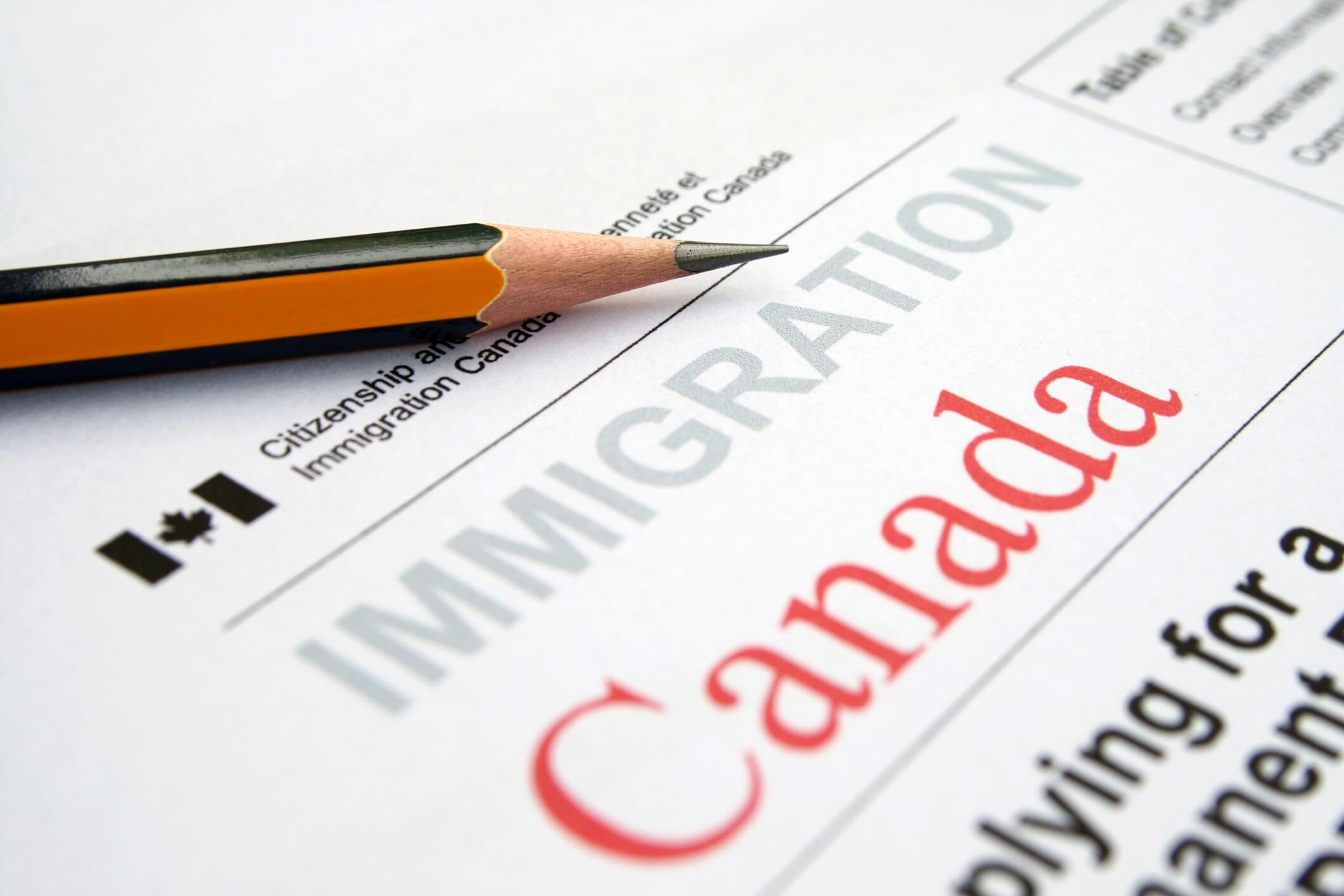RESTARTING ECONOMY: A STEP-WISE PROCESS IN COVID-19
Restarting Canada’s economy after a break of at least 2-3 months can be a huge challenge. This is after the COVID-19 pandemic that has shocked the whole world. Canada is the third most hit country in the continent of North America after the United States and Mexico. According to stats, the USA is the worst-hit country in the entire world. It also shares the world’s largest land border with neighbors Canada. Regarded as one of the most developed in the world. Hence, Canada is fully aware of the health and safety laws and procedures in place. The Govt. has made a gradual i.e. slow restarting of the economy. This is similar to restarting a car after days of mechanical works.
The most recent shutdown in Canada has literally changed the way most things used to happen in Canada’s economy. Health researchers have already indicated that managing this virus shall be a long term game, especially in North America. Huge in size in North America is both the countries i.e. Canada and the USA. Also, the number is decent for those affected in Canada. This also means significantly that COVID-19 will impact the economy for months, maybe years. However, restarting businesses can’t wait otherwise it shall hurt more in terms of financial losses. The reopening of businesses a step-wise process also can’t until the virus is completely eradicated.
Financial experts have claimed that lost wages from locked-down have ranged from $3billion to $6billion monthly. These are huge figures and shows the significance of the pandemic COVID-19 and its devastations. Restarting the business is also important for the social well-being of Canadians in the economy. Hence, also for the restoration of investor confidence in the market.
PHASE 1- REMOTE WORKING:
The first phase of step-wise COVID-19 is the remote working phase. In most parts of the COVID-19 affected world as well as imposed in Canada. It was under strict monitoring as the phase was followed under Canada’s laws. Remote working i.e. working from home mainly has helped a lot. This is especially in Canada regards to the social distancing laws and procedures in place. ‘Social Distancing’ is a new phenomenon of the modern age. It has laid huge emphasis on how to react and fight a pandemic. Many professional and business-to-business companies have learned to facilitate. Especially, working from home using digital media i.e. web-based technology over the past few weeks.
A process that should be done scientifically. Remote working is a process that has emerged with prominence during COVID-19. Remote working has really helped many companies recover from COVID-19 intense effects that have been a cause of higher-level losses. With consistency and persistence, COVID-19 risks can be handled effectively. This is especially during the restarting of the businesses & economy.
PHASE 2: RESUMPTION OF SMALL-SCALE OPERATIONS:
The next phase in the step-wise is the next stage in the restarting process and is a slightly higher level in opening operations. It is considered as a suppression approach. A process that involves reopening and supporting businesses. Hence, where virus transmission can be controlled easily. Achieving higher levels during a game. With better steps and an acknowledged approach, similar steps are taken.
The nature of businesses that can be open should have proper facilities that are mandatory for health and cleanliness measures. These include workplaces where social distancing is adequate and getting back to work can be managed through following distancing laws. The availability of easy access to soap and water is necessary. As well as the ability for continuous cleaning of all public areas must be encouraged in reopening. All these businesses can have a learning lesson from those that remained open during the lock-down.
The regulations also require that businesses can operate with reduced hours if there is a need during restarting. Furthermore, also until they can assure regular and thorough cleaning of their workplaces. As far as the precautions against the pandemic are concerned short-term age discrimination is justified. This is primarily because people with lesser ages have good immunity to fight against the pandemic as compared to those with more age. Govt.’s support for older workers will make enough measures for them to stay at home until the pandemic gets over with. Companies should have a strict check on employees and keep telling them if they are not feeling well they must stay away from work. In addition to this, Govt. of Canada must give provisions for easy and quick access to insurance for lost wages.
PHASE 3: EXPANDING TO SOCIAL EVENTS:
The expansion to social events is phase 3 in the re-opening process and is of higher importance than the rest of the two. This phase begins within a month of lowering the infection rate to acceptable levels. In Canada, there are still some on-going developments regards to the models of transmission that are in different-sized and types of groups. Hence, as more is determined in the step-wise process on how to decrease the levels of infection rates. Ironically, businesses and organizations can expand their operations more carefully. The key behind this is lowering the amount of risk. With events and social gatherings, the associated risks should be minimized.
Phase 3 in the step-wise means allowing more customers into stores and restaurants at one time. Making a limit for social gatherings i.e. 15-20 people in a gathering in all provinces and imposing fines on violations. Sports leagues that are followed professionally and are a source of income for many people can resume with few or no spectators at all. It doesn’t matter at all what the expansion looks like, the maintenance of new cleaning and social and physical distancing practices needs to be ensured.
PHASE 4- DOMESTIC TOURISM:
The next phase is the most critical in the restarting phase and holds huge importance in terms of revenues generated in the tourism industry. This relates to Canadian domestic tourism, as it is a huge country with many landscapes and locations that are worth seeing. This phase should look forward to reopening and re-building domestic tourism and holds significance in regards to Canada’s reputation in regards to the tourism industry. The reopening of airlines, hotels, and restaurant industry is mandatory with health and cleanliness measures as well as hygiene practices ready to go. The public trust in the tourism industry is vital for the health and safety of tourists.
The Govt. and health care experts should continuously monitor in step-wise and keep providing updates on transmission rates. The public trust holds huge significance as Canada has responded well to the pandemic. People should be ensured that their health is a huge priority of the Canadian Govt.
The Govt. focus needs to shift towards the controlling of risks through shutdowns to taking health measures that are mandatory in the reopening process. Prevention is the best way to control the happening of the pandemic again as its devastations are evident in the form of COVID-19 affected statistics.










